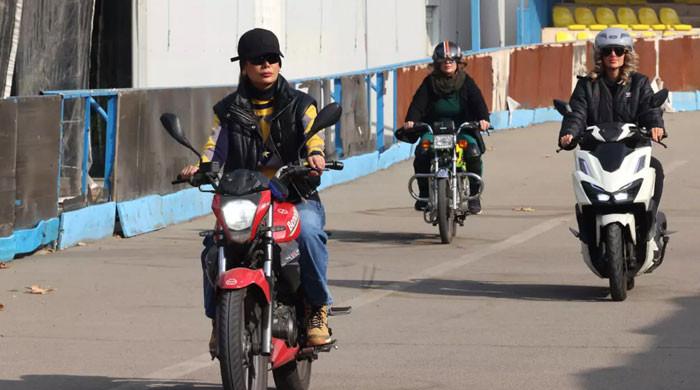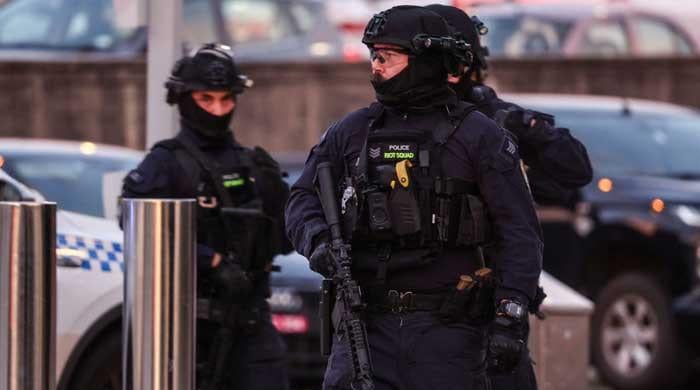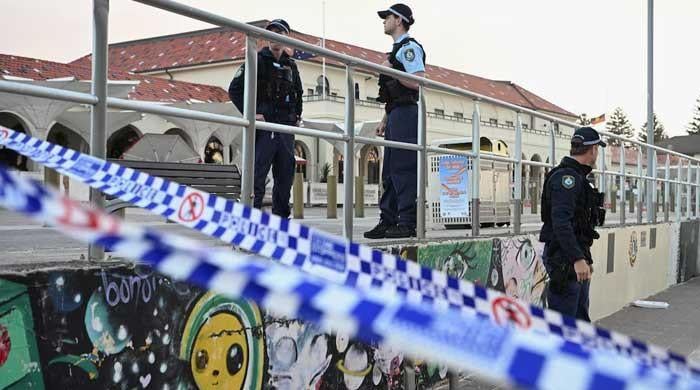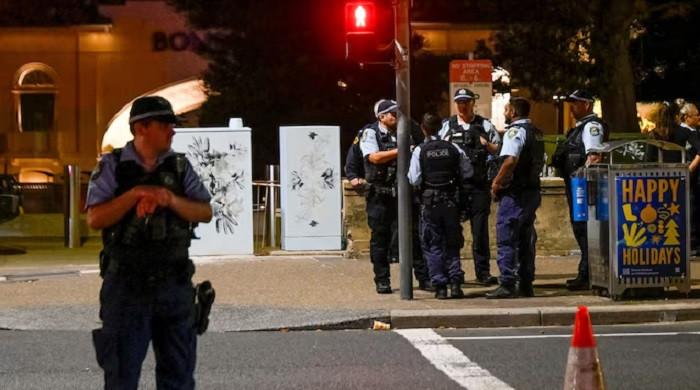Afghan Taliban mull hiring Huawei to launch US-initiated mass surveillance plan
Objective behind this initiative is to counter activities of international militant groups, particularly Daesh
September 25, 2023
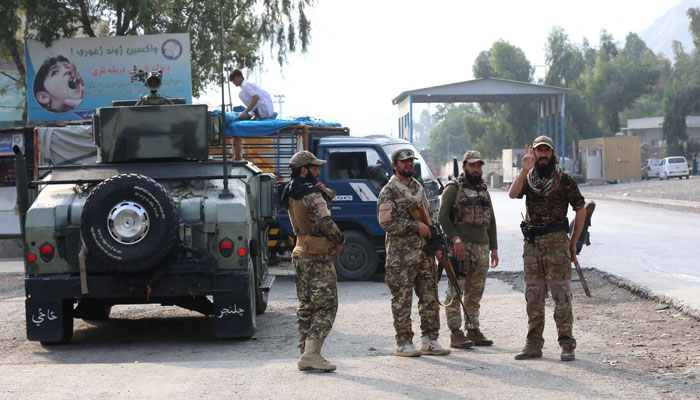
Afghanistan's interim Taliban government is reportedly working to establish a camera surveillance network across Afghan cities, carrying forward a plan that was devised by the United States before its withdrawal in 2021, Reuters reported.
This move aims to augment the thousands of existing cameras already deployed in Kabul and other urban areas.
Additionally, the Taliban have engaged in discussions with Huawei, a Chinese telecommunications equipment manufacturer, to explore cooperation in implementing this surveillance network.
The objective behind this initiative is to enhance security and counter the activities of international militant groups, particularly Daesh, which has been responsible for numerous major attacks in Afghan cities.
Meetings with foreign nations, including the United States and China, have focused on strategies to prevent militant attacks.
However, concerns have been raised about the Taliban's financial capability to fund such a program, as well as the potential misuse of surveillance resources against protesters.
While details of the Taliban's plans for expanding and managing mass surveillance, including any acquisition of the US plan, have not been previously disclosed, the mass deployment of cameras is part of a new four-year security strategy.
The Ministry of Interior spokesman, Abdul Mateen Qani, revealed that the development of a security map for Kabul was underway, with input from security experts.
He mentioned the existence of two previous security maps, one of which was crafted by the USA for the previous Afghan government.
However, the US State Department clarified that Washington is not "partnering" with the Taliban and emphasised the Taliban's responsibility to deny safe havens to terrorists.
The Taliban held discussions with Huawei in August about the potential surveillance network, but no formal contracts or plans were established.
In August, Bloomberg News reported a "verbal agreement" between Huawei and the Taliban for the installation of a surveillance system.
However, Huawei later stated that "no plan was discussed" during the meeting. China's Foreign Ministry expressed support for peace and reconstruction in Afghanistan and cooperation with Chinese enterprises.
The existing surveillance infrastructure in Kabul comprises over 62,000 cameras monitored from a central control room, with the last major upgrade occurring in 2008.
The former Afghan government heavily relied on Western-led international forces for security.
While former Vice President Amrullah Saleh had planned a significant upgrade of Kabul's surveillance system in early 2021, this plan was disrupted due to the withdrawal of NATO-led international forces.
Jonathan Schroden, an Afghanistan expert with the Center for Naval Analyses, highlighted the potential usefulness of a surveillance system for the Taliban in preventing attacks by groups like Daesh.
Taliban already maintain a strong presence in urban areas through security forces and checkpoints.
However, there are concerns that enhanced surveillance may be used to target civil society members and protesters.
The Committee to Protect Journalists reported that at least 64 journalists have been detained since the Taliban takeover, and protests in Kabul have been forcefully dispersed by security forces.
Implementing a mass surveillance system under the pretext of "national security" raises concerns about the Taliban's commitment to respecting fundamental rights, as highlighted by Matt Mahmoudi from Amnesty International.
The Taliban have insisted that the system would align with Islamic Sharia law, preventing recording in private spaces.
The practical challenges facing the surveillance plan include frequent power cuts in Afghanistan, which can disrupt camera feeds due to limited access to electricity.
Additionally, the Taliban need to secure funding amid a substantial economic downturn and reduced aid following its takeover.
Counterterrorism efforts are a key focus of discussions between China, Pakistan, and the Taliban, in line with the 2020 troop withdrawal agreement between the United States and the Taliban.
China has expressed concern about the East Turkestan Islamic Movement (ETIM) in its western Xinjiang region and the potential presence of ETIM fighters in Afghanistan.
The Taliban have also publicly declared operations against Daesh cells in Kabul.
However, analysts suggest that urban surveillance may not effectively address the presence of Daesh fighters, whose base locations are in the eastern mountainous regions of Afghanistan. Cameras in cities may assist in preventing attacks but may not contribute significantly to their ultimate defeat.




